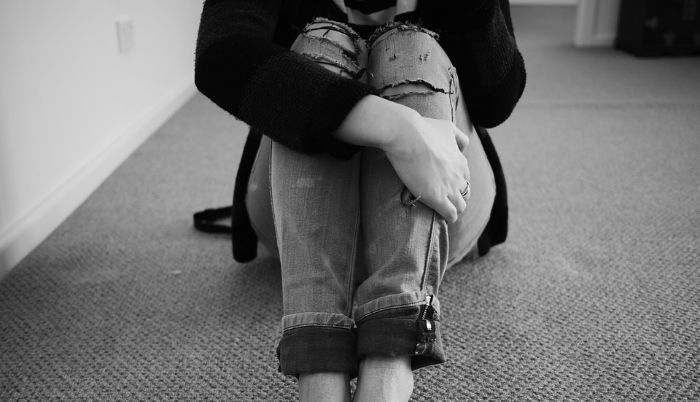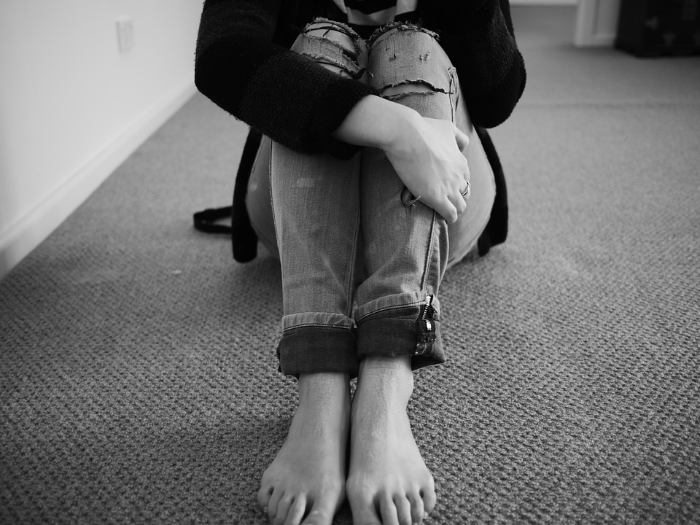
*Updated 23 July 2020* Following the update below about alleged abuse at Mendip House Care Home, we have now been instructed to investigate claims for compensation by the families of former residents. Lindsey Connett says: “Allegations of abuse at Mendip House first came to light after a whistleblower came forward in 2016. Serious allegations of physical and psychological abuse have been raised and it’s important for our clients that they have the opportunity for these to be investigated.”
*Updated 12 February 2020* The Equality and Human Rights Commission have today announced that they are launching a legal challenge against the Secretary of State for Health and Social Care, citing the continued failures in health and social care provision which have been highlighted by cases like those of the residents of Whorlton Hall.
Following the revelations around Winterbourne View, the government introduced a “Transforming Care” program which was intended to prevent further abuse on the level of that found at Winterbourne. The EHRC are not satisfied that the program is being implemented, and that these are signs of a systemic failure to protect the right to a private and family life, and right to live free from inhuman or degrading treatment or punishment.
*Updated* Residents at a Somerset home for autistic adults were routinely mistreated by carers, a report from the Somerset Safeguarding Adults Board has found. Mendip House Care Home, which was run by the National Autistic Society as part of the larger Somerset Court facility, has since closed down.
The report produced by the SSAB refers to a “gang” of male staff members, who abused residents in a variety of ways ranging from financial to physical. Comparisons have been raised to the Winterbourne View cases, on which a large number of claimants were advised by Andrew Hannam and Lindsey Connett of Enable Law. Lindsey drafted the article below following a Dispatches documentary into a Northampton care home which had seen residents abused, and given the Mendip House report, its main line of enquiry remains equally pertinent today.*Original article begins*
On 1 March 2017, Channel 4 broadcast a Dispatches investigation into care provided to some of the country’s most vulnerable people. ‘Under Lock and Key” focused on St Andrew’s Hospital in Northampton and raised concerns about the continued use of large style institutions to provide care for those with learning disabilities and challenging behaviour.
Some of our specialist solicitors, Andrew Hannam and Lindsey Connett, advised a number of clients who had been affected by the Winterbourne View scandal in 2011.
Now, Andrew and Lindsey consider what should be a straightforward question: has anything changed since Winterbourne View?
What was Winterbourne View?
In May 2011, Panorama broadcast an undercover expose that shocked the country. Panorama had sent an undercover journalist into Winterbourne View, a private hospital in Bristol that provided assessment and treatment for adults with learning disabilities and challenging behaviour. Winterbourne View was owned and operated by Castlebeck Care (Teesdale) Ltd. Castlebeck also ran a number of other hospitals around the UK providing care to some of the most vulnerable people in society.
The programme showed the residents being physically assaulted and humiliated by members of staff at the hospital. The programme also alleged that records were being falsified, there was deprivation of liberty, excessive use of physical restraint, a poor quality of life for the claimants and breaches of their human rights. In 2012, 11 members of staff were convicted of over 40 offences between them.
In light of the publicity surrounding the actions of the CQC in relation to its role in investigating allegations of abuse at Winterbourne View, the CQC reviewed its inspection programme and changed the way it responds to whistleblowers and allegations of abuse.
What Was the Immediate Effect?
Immediately following the broadcast of the Panorama programme, all services which provided care and treatment to adults with learning disabilities were inspected. Some were issued with improvement notices and some were closed when it was found that they were failing to meet the necessary standards. There was an increased focus on unannounced inspections to enable the services to be seen as they were really were. The CQC also introduced the use of ‘experts by experience’, where former service users are included as part of each inspection team and their role is to specifically speak to the residents.
The Government made a commitment to close such long-stay institutions as Winterbourne View and for all people with learning disabilities and/or autism who were inappropriately placed in hospital to be moved to community-based support by June 2014. This commitment was known as the ‘Winterbourne View Concordat’. In May 2014, Norman Lamb (Minister of State for Care and Support) admitted that the Concordat had failed and that the deadline of June 2014 was not achievable. A report by Sir Stephen Bubb and his group (Transforming Care and Commissioning Steering Group) was commissioned in response to this failure.
In his report, Sir Stephen acknowledges that some people with learning disabilities and/or autism who present with challenging behaviour may need to be admitted to hospital for assessment and treatment (often under the Mental Health Act). However, he clearly highlights that many are admitted when admission could have been prevented had they received better support in the community and that many stay in hospital too long, when with the right support in the community, they could be discharged. It is the lack of community support and these inappropriate admissions and lengthy stays that Sir Stephen has highlighted as the key problem.
Dispatches: Under Lock and Key – St Andrew’s Hospital

On 1 March 2017, Channel 4 broadcast a Dispatches investigation into care provided to some of the country’s most vulnerable people. ‘Under Lock and Key” focused on St Andrew’s Hospital in Northampton and raised concerns about the continued use of large style institutions to provide care for those with learning disabilities and challenging behaviour. Allegations made focused on the extensive use of physical restraint and segregation, as well as the allegedly excessive use of high levels of anti-psychotic medication and segregation. A CQC report published in September 2016 rated the hospital as ‘requires improvement’.
In addition to the allegations concerning physical restraint and use of medication, the programme also raised serious questions about the ongoing monitoring of the suitability of such placements and lack of practical discharge planning, leading to individuals being ‘stuck’ in such hospitals for indefinite periods.
Dispatches used the stories of two young people with learning disabilities who had been detained at St Andrew’s under the Mental Health Act 1983. Upon admission, both reportedly demonstrated deteriorations in their mental condition, leading to physical restraint, segregation and prescription of anti-psychotic medication.
The programme then focused on their parents’ struggle to get discharge plans in place and for their child to be discharged to a community setting once it became apparent that St Andrew’s was not a suitable placement. Both of the young people were eventually discharged into community placements.
Footage showed their considerable progress in their new home – progress that their parents had been told by St Andrew’s was not possible.
Has Anything Changed Since?
The Dispatches programme was broadcast nearly six years after the abuse at Winterbourne View was exposed by the BBC. Despite the Government’s pledge to end the use of hospital institutions such as St Andrews and Winterbourne View, more individuals with learning disabilities are now admitted to hospitals each year than before 2011.
Although the NHS Transforming Care programme has helped hundreds of former patients to be discharged into community placements, there are still hundreds more who remain in hospital when they don’t need to be there, simply because the community provision and support that is needed does not exist.
Winterbourne View residents were once deemed to be some of the most challenging individuals in the country. Six years later, the majority of them live very successfully in their own homes with 24-hour care. Many have voluntary jobs and are actively involved in their local communities. They have shown that discharge to the community can, and does, work provided that the appropriate structure is put in place around them to enable them to thrive.
Unfortunately, however, a number of former Winterbourne View residents still remain in hospital institutions, despite being told that they should no longer be there.
The Dispatches programme identified that being discharged from a hospital is not always as easy as being admitted, even when continued detainment in a hospital is against the best interests of an individual. The lack of community provision in certain areas of the country means that there is no-where for them to go. There is no need for them to be in hospital, but no support to enable them to live in the community.
So to return to the question posed at the outset, it seems that whilst some things have changed for the better, the use of hospital institutions over community settings remains at an unacceptable level.
Andrew Hannam and Lindsey Connett represented former residents of Winterbourne View in their claims for compensation for the abuse that they experienced whilst they were placed there.
Andrew, a Partner in Foot Anstey’s Bristol office comments: “The Dispatches programme indicated that, despite the Government’s public pledge to move individuals with learning disabilities and/or autism who are inappropriately placed in hospitals out to community settings, this has not happened and that more people are now being admitted to hospitals than are being discharged. From my work with families who are in this sort of situation, I have seen the anger and utter despair that is felt when a family member is placed in a hospital far away from home and where there is not a clear plan for working towards a discharge.”
Do You Have Questions About Vulnerable Adults and the Law?
If you or anyone you know has concerns about quality of care and would like some specialist legal advice regarding abuse, please get in touch with our specialist solicitors. We’re passionate about safeguarding vulnerable adults and the law and are here to help.



















